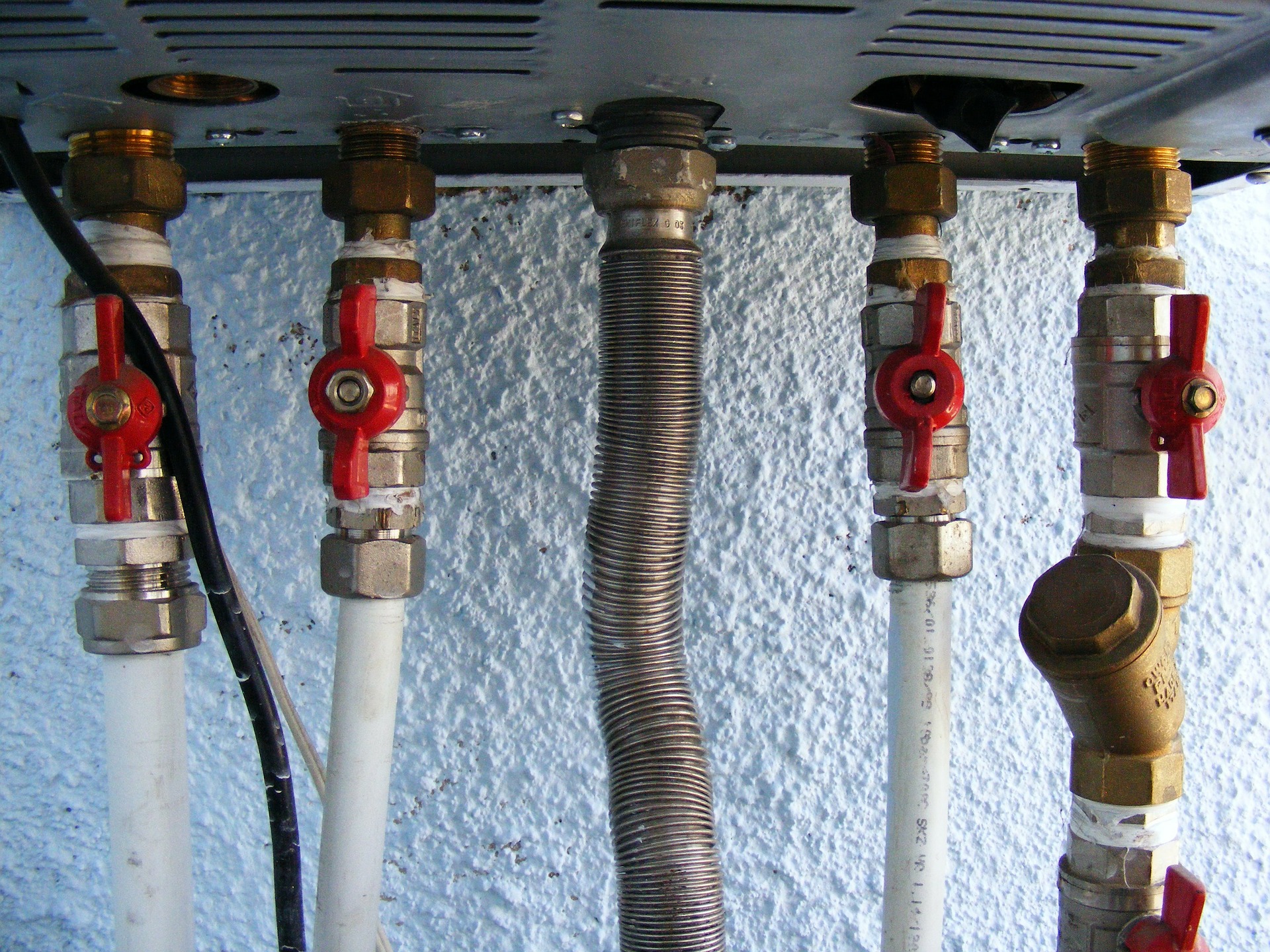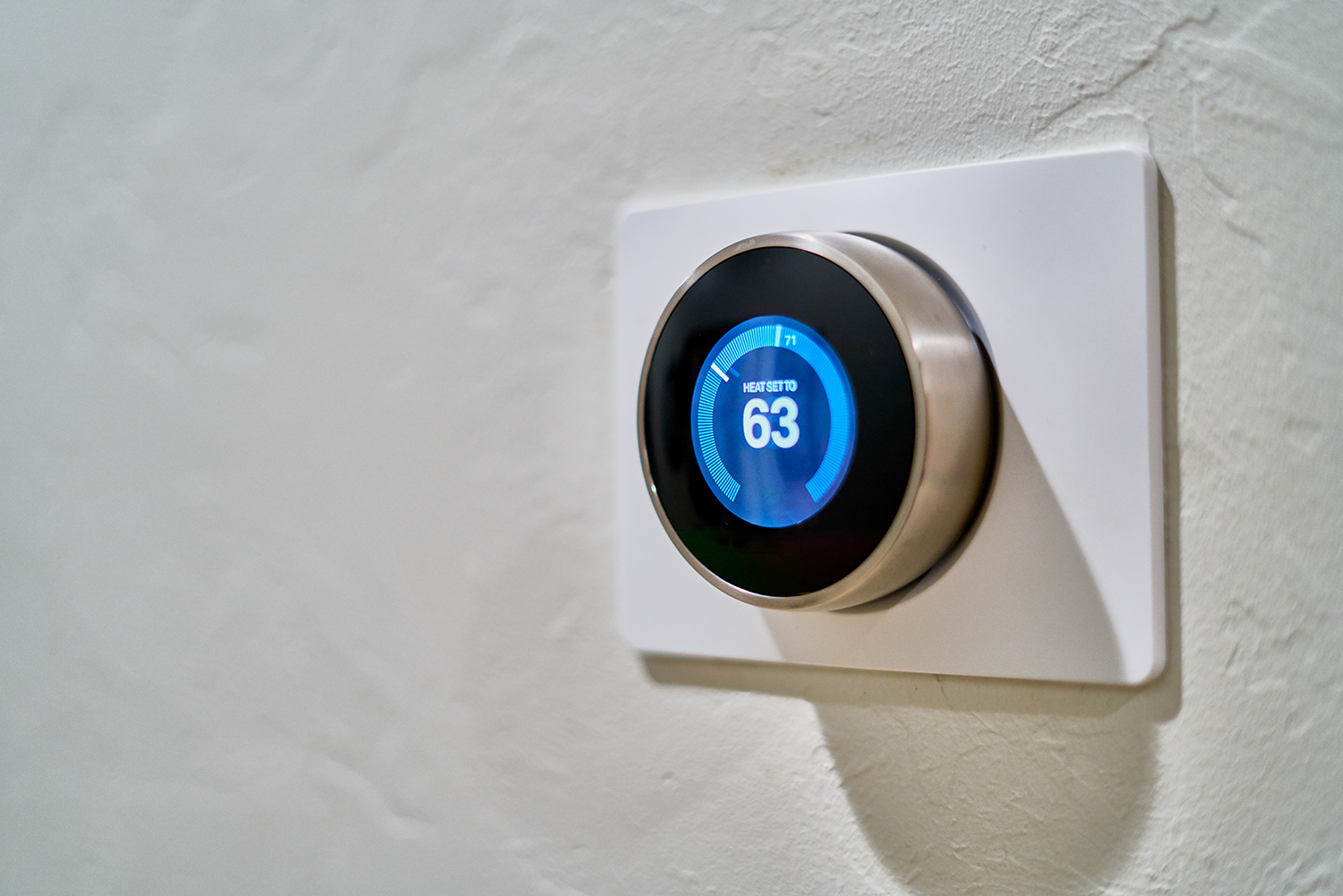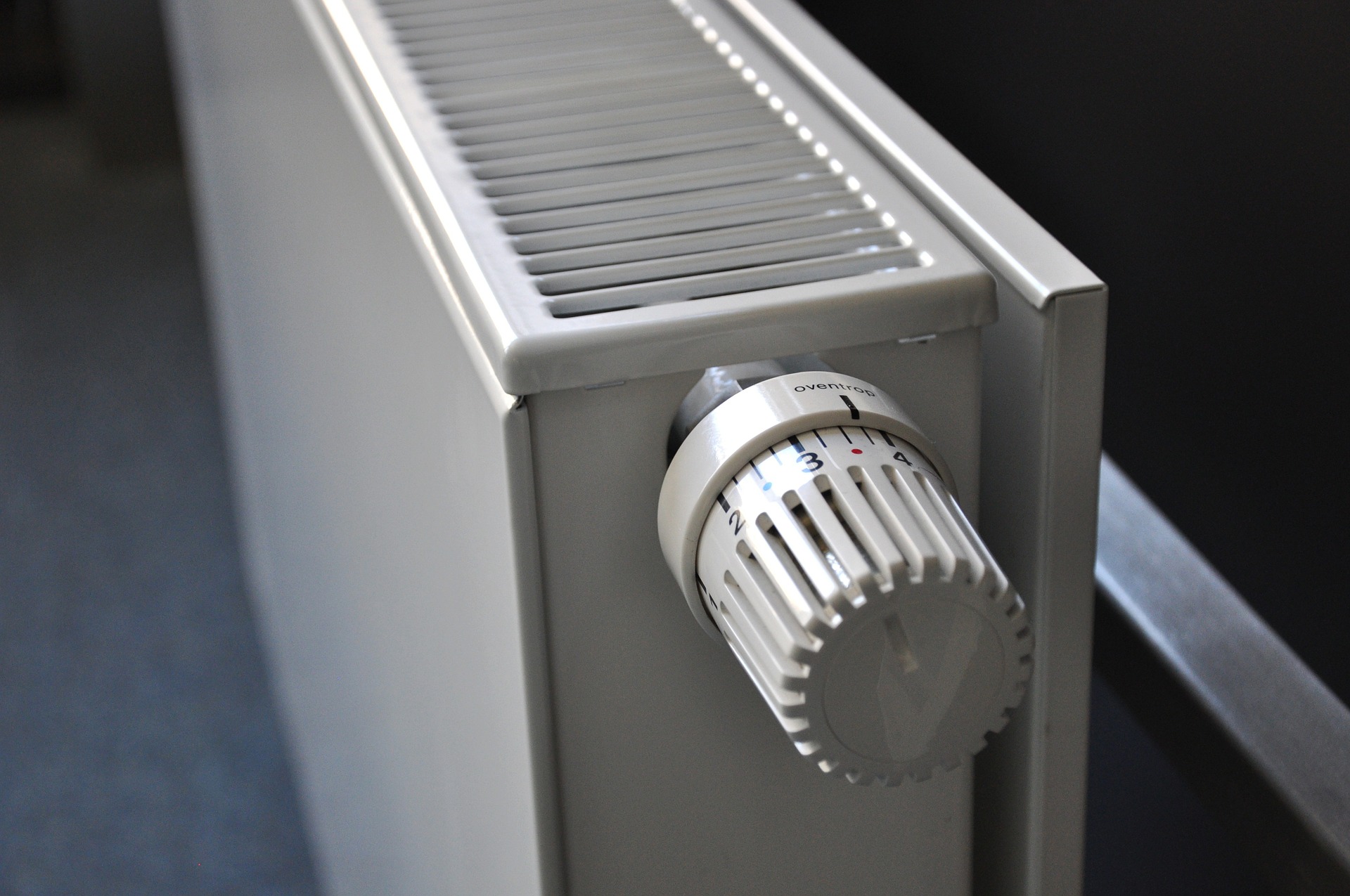4 Boiler Maintenance Tips All First-Time Landlords Should Know
Jacqueline Gallazzi-Ritchie, Director of All England Gas, shares the four things every new landlord should know about boiler maintenance.

When letting your first investment property, there’s so much legislation to remember that it can feel like a full-time job keeping on top of everything you need to do. One of these duties is maintaining the plumbing and heating system. Under the Landlord and Tenant Act 1985, landlords are responsible for the maintenance of the boiler, radiators, water and gas pipes, and plumbing systems in their rental properties. What’s more, you can’t pass the cost of repairs onto your tenants.
Essentially, this means if the boiler breaks down, you need to fix it — and fast. If you leave your tenants without heating, it could land you in hot water with the Environmental Health Department, who could issue you a fine of up to £5000.
The good news is that a little preventative care and maintenance goes a long way to keeping your boiler in good condition. Here, I’ve shared four tips that all first-time landlords should know before they take in their first tenants.
1. Show your tenants the ropes
While the landlord is always responsible for servicing, repairing, or replacing the boiler, there are a few things that tenants can do to help keep everything running smoothly. So, it’s well worth spending a few minutes explaining a few key things to your tenants after they move in.
For instance, they should understand how to keep an eye on the pressure and know how to let more water into the system to increase the pressure. It's also smart to show them how to run and adjust the heating properly, including switching on the heating for an hour or two every so often during the summer months to keep everything working smoothly. You should also advise them to put the heating on a timer if the property is vacant in the winter, to stop the pipes from freezing.
Boilers need good ventilation at all times and work best when they aren’t crowded by clutter. So, be sure that your tenants know not to use the boiler cupboard as a storage area, as this can starve the boiler of oxygen. You also need to provide a carbon monoxide alarm, so explain to your tenants about checking the battery, and advise on them what to do if it goes off.
2. Follow your servicing obligations
As part of your legal repair and maintenance obligations, landlords must ensure that boilers are serviced at least once a year by a qualified engineer who is certified by the Gas Safe register. After the servicing, they will complete a gas safe record, and you’ll need to pass a copy of this on to the tenants. You’ll also need to give the most recent gas safety check record to future tenants when they move in, so be sure to keep hold of it.
While annual servicing might seem like one more cost taking a chunk out of your profits, it’s more than just another box to tick. During a service, the engineer will give the inside of your boiler a good clean, perform maintenance repairs, and spot any faults or damage that could get much worse if ignored. All of this keeps your boiler in good condition and can save you a fortune in repair costs further down the line.

3. Bleed the radiators between tenants
When air gets trapped inside the pipes, it can make your radiators much less effective at heating up the room. So, it’s sensible to bleed the radiators in the Autumn when the heating gets turned on, or whenever the water pressure has dropped. In addition, it would make sense for you to instruct your heating engineer to do it when he/she performs your obligatory Gas Safety Check during a void period (while your property is vacant between tenancies).
This is fairly simple to do, and it will release any trapped air from the system, helping it work as effectively and efficiently as possible. All you need to do is open the bleed valves using a special bleeder key, which you can buy from most DIY shops, or from the manufacturer of your radiators directly.

4. Get breakdown cover
As a landlord, it’s only natural that you want to keep maintenance costs to a minimum, as you don’t want them eating into your profits. But, the cost of unexpected boiler replacement can be eye-wateringly expensive — as much as £4,762, according to Which?. And, as it’s your responsibility to replace it, you’ll have no choice but to pay up.
Depending on the rental yield and mortgage size, a bill like this could represent a huge portion of your annual revenue, and could even wipe out your profits entirely. So, it’s well worth investing in boiler breakdown cover and insurance. A comprehensive policy will also include annual servicing, plus fast callouts should your boiler break down — meaning your tenants get their heating and hot water back, and you get peace of mind.
The boiler is crucial to the function and comfort of your rental property, and there can be very serious financial and legal consequences if you don’t keep it in full working order for your tenants.
